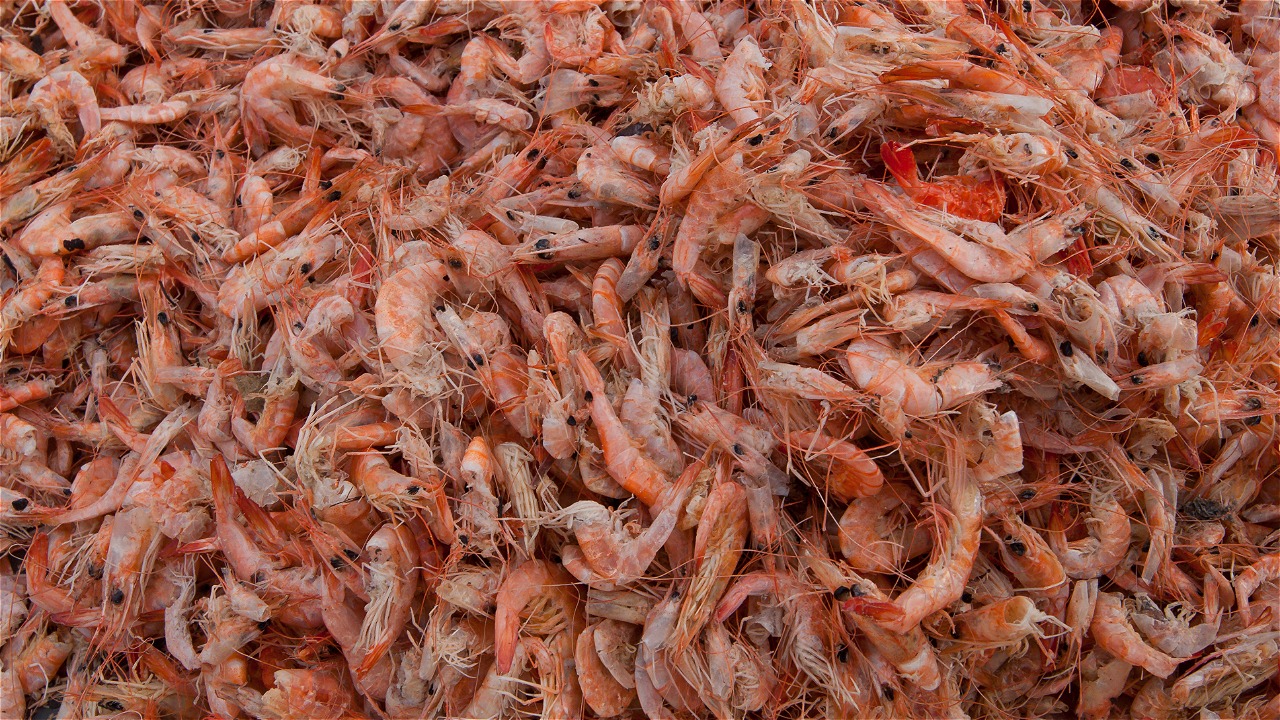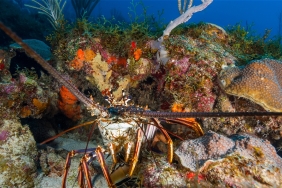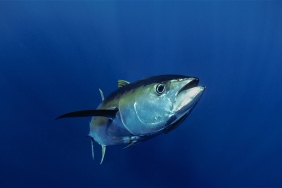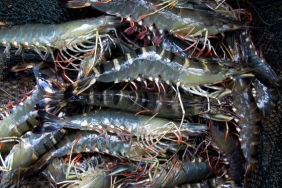DIALOG FOR THE FUTURE OF SEAFOOD PARTNERSHIP AND SEAFOOD SAVERS
By: Novita Eka Syaputri (Seafood Savers Communication Assistant)
Since its establishment in 2009, Seafood Savers continues to promote the implementation of environmentally friendly fisheries practices in the supply chains of its member companies with the Fisheries Improvement Program (FIP) and Aquaculture Improvement Program (AIP) in Indonesia. Seafood Savers also strives to build good seafood partnerships with strategic partners in the Indonesian fishing industry. However, Seafood Savers still needs a lot of input from the Smart Fishing Initiative (SFI) and Market Transformation Initiative (MTI), to be in line with the WWF Seafood Partnership Guidelines. Therefore, to equalize the vision and strengthen the coordination between Seafood Savers, SFI, and MTI as well as WWF Network, an event was held Seafood Savers Benchmarking Workshop (14-16 September 2015) and WWF Seafood Partnership Guidelines Training (17-18 September 2015) at WWF-Indonesia office, Jakarta.
There were 26 participants from 12 WWF offices around the world, mainly in the Asia Pacific region who welcomed these two activities. The Seafood Savers Benchmarking Workshop was organized in order to gather inputs from colleagues in WWF Network to strengthen Seafood Savers as a seafood partnership platform in line with WWF Seafood Partnership Guidelines. There are five important outcomes of the Seafood Savers Benchmarking Workshop meeting, namely: 1) Information on FIPs and AIPs in Indonesia should be kept up-to-date and available in bilingual, Indonesian and English for easy access by potential partners and WWF offices in seafood buying countries; 2) Seafood Savers will review its business model for strong added value; 3) Seafood Savers' communication strategy will be aligned with the Seafood Partnership Guidelines; 4) A third-party auditor for FIPs and AIPs in Indonesia will be sought, in collaboration with SFI, MTI, and WWF regional offices; and 5) Guidelines for WWF AIPs are being developed for the entire WWF Network. It is hoped that with the completion of the above homework, WWF Network can also help promote Seafood Savers and the FIP/AIP to their seafood importing partners in their respective countries.
In addition, the participants also exchanged opinions on WWF Seafood Partnership Guidelines and its implementation in each country. What was quite interesting was the experience sharing session in running seafood partnership and campaigns to support sustainable seafood in each country. Like WWF-Hong Kong for example, they successfully organized Seafood Week by collaborating with famous restaurants and asking them to use Marine Stewardship Council (MSC) and Aquaculture Stewardship Council (ASC) certified products.
In addition to the two events, the agenda also included a visit to Muara Angke Fishing Port, North Jakarta and one of the retailers selling seafood in a shopping center in South Jakarta. With these visits, participants are expected to understand the fisheries supply chain in Indonesia so that they can provide constructive input for the development of Seafood Savers and seafood partnership in Indonesia.
All participants in both events agreed to continue exchanging information. Opening cooperation with other WWF offices in Asia Pacific and countries importing seafood from Indonesia is also one of the goals of Seafood Savers.





